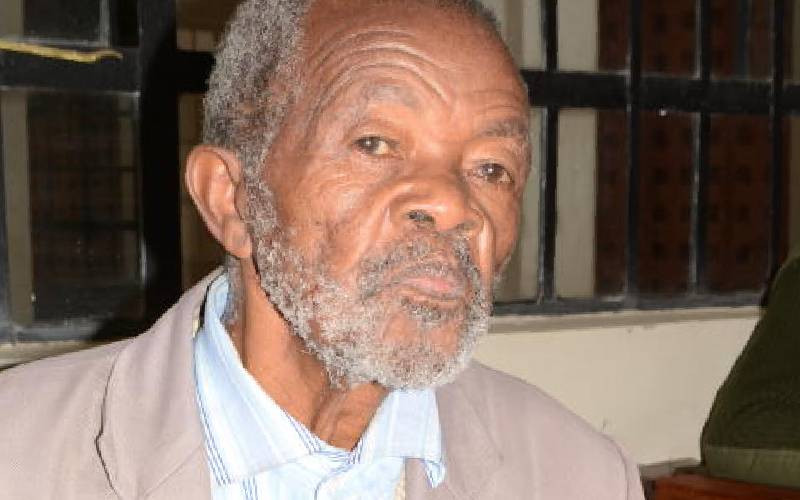
Henry Stanley Mwaniki Kabeca, a rare breed of post-colonial historians, is dead which depletes the number of path breakers in the craft of history. At least four of them are still around but quiet in their twilight years. Those remaining include Bethwell Ogot, the authority and creator of Luo history, Godfrey Muriuki, the re-constructor of pre-colonial Agikuyu and revered reference point in resurgent search for identity, Idha Salim, the narrator of the Waswahili, and Maina Kinyatti, the Mau Mau crusader. Mwaniki joined them, writing about the Aembu.
The breed constitutes post-colonial intellectual giants, Africanising history. They, like Walter Rodney in his How Europe Underdeveloped Africa, were radical in decolonising history. With desire to tell pre-colonial stories of how their particular people came to be differently, they reconstructed knowledge. Ogot, although not the first African historian at Nairobi, was first in post-colonial Kenya. Josphat Karanja, Princeton doctorate, was the first but he had little impact on the history discipline.